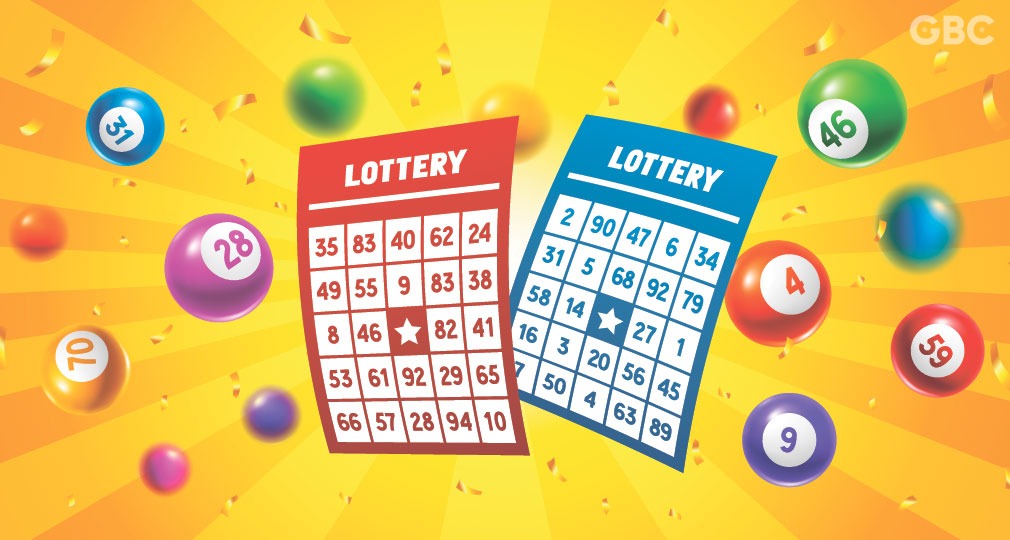Lottery draws are one of the most casual gambling activities. And since this industry reaches hundreds of millions of people worldwide, it has long been surrounded by many inaccurate myths. Today, we will discuss five such misconceptions and debunk them using common sense and some interesting facts.
A lottery win is less likely than a lightning strike.
People who are skeptical about the lottery often refer to the fact that you are more likely to “catch” a lightning strike than win a jackpot. And while this is true for the winners of the biggest prizes, this myth breaks as soon as it comes to lesser-known winners. Even if no one manages to hit the jackpot during a serious draw, in most cases, secondary winners often get five-figure sums.
Using the same numbers is an effective strategy
This approach to lottery draws is quite common. However, its popularity does not correlate with a high probability of becoming richer. In reality, this strategy is nothing more than an ordinary superstition. The world has seen numerous lucky winners who have even won multiple jackpots. However, almost none of them ever mention that they used the same numbers all the time.
The smaller the jackpot, the greater your chances
Contrary to popular belief, the size of a jackpot has nothing to do with your winning odds. Of course, if we are talking about some small regional lottery with fewer participants and a more modest jackpot, you are more likely to win. But when it comes to the most popular draws like EuroMillions or Powerball, your chances will not increase because of a smaller top prize.
Nobody can win twice
Many people tend to believe that luck has a one-time nature, but this is not the case. Some lottery winners have had incredible winning streaks, and Joan Ginther is certainly one of them. This woman tended to focus on scratch card lotteries. But overall, she managed to win 28 different draws. While some of them were relatively small, Joan won $10 million just in 2010 alone. Another notable win came in 2006 when Ginther took home a $2 million prize.
The lottery does not help anyone but the winners.
This myth is one of the most detrimental to the lotteries’ reputation in society. While many people believe that lottery draws are a form of taxation for the poor, these events are extremely beneficial. When governments receive taxes on lottery winnings, they often invest those funds in the education, social, and sports sectors. Therefore, when you buy a lottery ticket, you are participating in numerous meaningful initiatives.














